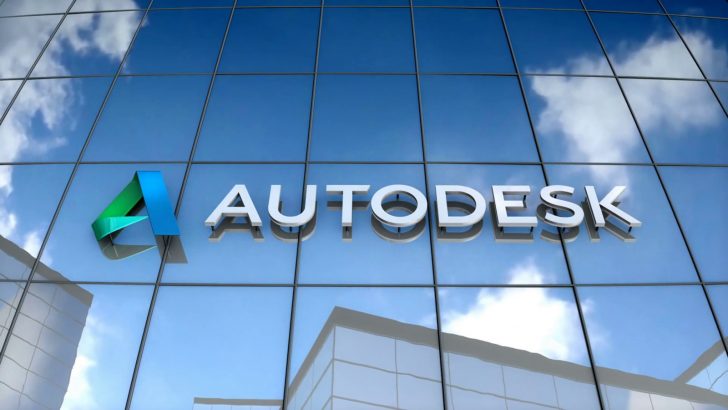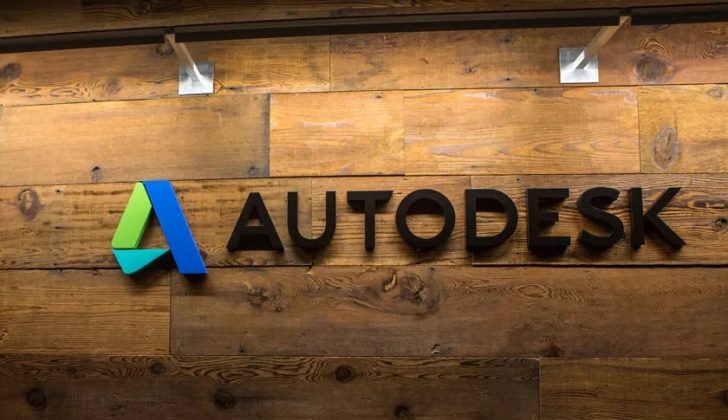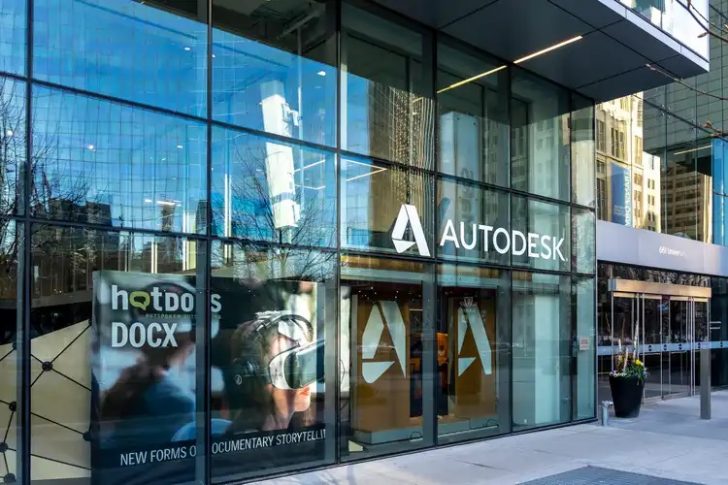Autodesk layoffs have made headlines as the San Francisco-based software giant announces a reduction of 250 employees from its global workforce. This decision, impacting 2% of its employees, reflects the broader trend of job cuts sweeping the tech industry.
The Autodesk layoffs come at a time when numerous tech firms are grappling with economic pressures and market uncertainties. Major companies like Amazon and Microsoft have also announced significant workforce reductions in recent months, underscoring the widespread challenges faced by the sector.
Construction Cloud Services ‘Unaffected’ Following Autodesk Layoffs
Despite these layoffs, Autodesk has assured stakeholders that its Construction Cloud services will remain unaffected. This assurance is vital, considering the Construction Cloud is a key component of Autodesk’s offerings, providing essential tools and services to the construction industry.
Interestingly, Autodesk appears to be the first construction-related tech company to lay off 2% of its workforce during this economic downturn.

Elle / Autodesk reiterates that the company would support the impacted employees following the layoff.
For those impacted by the Autodesk layoffs, the company has pledged support through severance packages, career services, and assistance in finding alternative roles within the organization. This support aims to help affected employees transition smoothly during this challenging period.
Broader Context of Tech Industry Crunch
The broader context of these Autodesk layoffs is the ongoing tech industry crunch. Numerous firms are announcing job cuts to navigate economic challenges and shifting market demands. Autodesk’s decision to reduce its workforce highlights the difficulties even well-established companies face in the current climate.
Startups and smaller companies might find a pool of experienced professionals available for recruitment, potentially strengthening their teams and driving innovation in the industry.
Strategic Adaptation to Market Changes

GTN / Experts argue that these Autodesk layoffs could open up opportunities for other firms and startups in the construction technology space.
Autodesk’s decision to lay off employees is part of a broader strategy to adapt to a rapidly changing market. Despite the layoffs, Autodesk remains a leader in design and construction software, known for its innovative products and strong customer service. The company is committed to navigating the current economic landscape while continuing to drive growth and development.
Industry analysts and stakeholders will closely monitor the impact of the Autodesk layoffs. While layoffs are challenging, they are sometimes necessary for a company’s long-term viability. Autodesk’s strategic decisions in the coming months will be crucial in determining its future direction in the tech industry.
Adjusting and Realigning in the Tech Sector
The tech industry’s current wave of layoffs, including the Autodesk layoffs, reflects a period of adjustment and realignment. Companies are reassessing their operations and making difficult choices to ensure sustainability and growth. For Autodesk, this involves balancing immediate cost-saving measures with long-term strategic goals.

Seeking Alpha / As the tech sector evolves, the Autodesk layoffs highlight the volatility and competitiveness of the industry.
Economic pressures, market fluctuations, and competitive dynamics all contribute to shaping the landscape. For those affected by the layoffs, the support provided by Autodesk will be essential in finding new opportunities and continuing their careers.
Future Prospects for Autodesk
For Autodesk, the layoffs are a strategic move to ensure the company’s long-term health and competitiveness. As the industry continues to face uncertainties, Autodesk’s focus will be on maintaining its leadership position while adapting to new market realities.
The current wave of tech layoffs, including the Autodesk layoffs, underscores the challenges and opportunities in the industry. Companies are making tough decisions to navigate economic pressures, and these decisions will shape the future landscape of the tech sector. For Autodesk, the path forward will involve strategic planning, innovation, and a commitment to supporting its employees through these changes.







